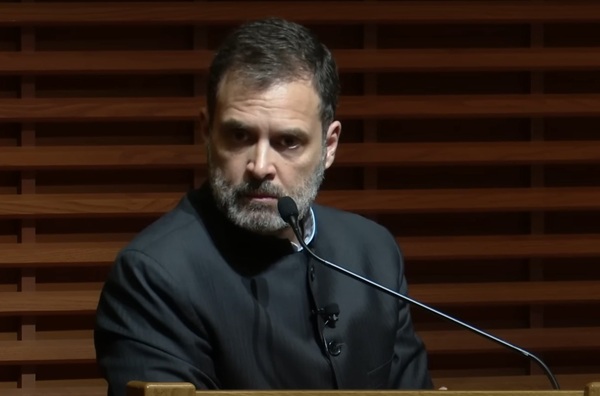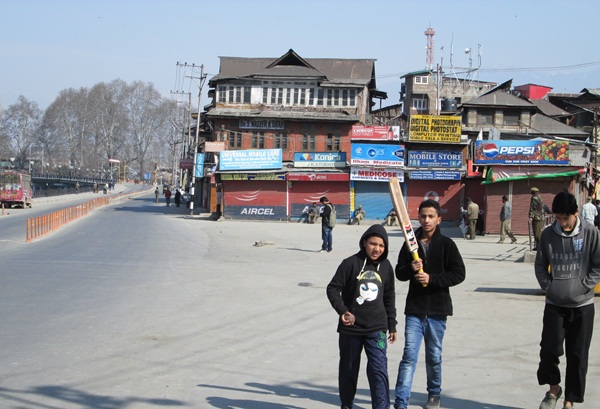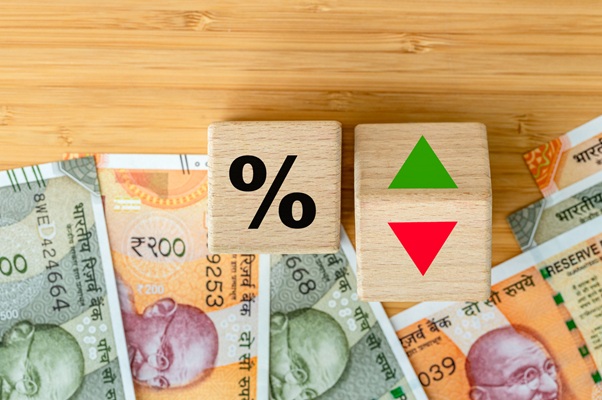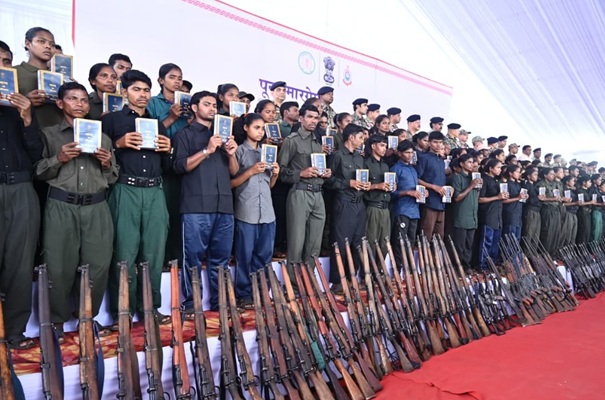.png)
Amitabh Tiwari, formerly a corporate and investment banker, now follows his passion for politics and elections, startups and education. He is Founding Partner at VoteVibe.
November 16, 2025 at 12:17 PM IST
The crushing defeat in Bihar has sent shockwaves through the opposition landscape in India, leaving both the Mahagathbandhan in Bihar and the broader INDIA bloc grappling with a serious crisis. What was once projected as a formidable challenge to the ruling dispensation now appears fragmented, demoralised, and caught in a web of recriminations. The path forward looks increasingly uncertain as internal fissures threaten to tear apart alliances that were painstakingly constructed.
The Mahagathbandhan's disastrous performance in Bihar has placed Tejashwi Yadav's leadership under intense scrutiny. Once hailed as the face of youth politics and the natural successor to his father Lalu Prasad's political legacy, Tejashwi now finds himself besieged on multiple fronts. The electoral debacle has emboldened critics within his own party, with whispers of discontent growing louder in RJD corridors.
The famous Yadav family itself appears headed for deeper internal rifts. Rohini Acharya, sister of Tejashwi, has disowned the family and announced retirement from politics. Tej Pratap Yadav, elder brother, had already formed his own party before the polls due to his differences with Tejashwi. Political observers note that electoral failures often exacerbate existing tensions in dynastic parties, and the RJD seems no exception like the fight between uncle Shivpal and Akhilesh in SP. The delicate balance that Tejashwi had maintained within the family may now be disrupted as different factions seek to assert themselves or distance themselves from the electoral failure.
Perhaps more damaging for the MGB is the deteriorating relationship between its principal constituents—the Rashtriya Janata Dal and the Indian National Congress. What began as a marriage of convenience has descended into a blame game, with each party pointing fingers at the other for the electoral catastrophe. Some leaders of the Congress accuse the RJD of denying party quality seats, forcing it to announce Tejashwi as chief minister which encouraged polarisation and Mukesh Sahni as Deputy CM who couldn’t open his account. RJD counters that the Congress failed to pull its weight and contributed minimally to the alliance's prospects.
This mutual recrimination has sparked serious speculation about the alliance's future viability. Political insiders suggest that a formal break between the two parties is no longer unthinkable. Such a split would fundamentally reshape Bihar's political landscape and send ripples across the national opposition unity project. Congress has been thinking of going alone in Bihar to rebuild its party from the ground level organisation. A section in Congress think tank blames regional parties for weakening its base amongst minorities, Dalits and other backward castes.
Adding to the RJD's woes is the potential exodus of upper-caste MLAs from the party. These legislators, who had always been uncomfortable in a party dominated by Yadav identity politics, now see an opportune moment to jump ship. Their departure would further narrow the RJD's social base and weaken its claim to be a party with cross-caste appeal. The results have brought down RJD to the 2010 tally staring at an existential crisis.
RJD's weakening could be filled by emerging forces. The Lok Janshakti Party or Jan Suraj Party might gain space if they position themselves strategically. Meanwhile, Chirag Paswan appears particularly well-positioned to capitalise on this flux, having demonstrated his electoral relevance and strategic acumen. Even Prashant Kishor, despite his setbacks, could emerge as a factor if he persists with his political project over the next five years.
National Predicament
Rahul Gandhi's leadership and political approach face renewed questioning. Critics within the opposition coalition point to what they perceive as strategic inconsistencies and a disconnect between national rhetoric and state-level realities. The Congress's focus on issues like the SIR / Vote Chori rather than immediate public concerns has been criticised as tone-deaf and politically counterproductive.
The danger of a third front emerging—one that excludes the Congress—looms larger than ever. Regional satraps who had grudgingly accepted Congress leadership in the INDIA bloc may now seek to chart their own course, believing they stand a better chance without being weighed down by the Congress's baggage. These include SP, RJD, TMC, Left Parties and even DMK in the future.
Prime Minister Narendra Modi's hint that Congress could face internal splits brings back the BJP’s “Congress-mukt-Bharat” aim to the forefront. A weakened and divided Congress would effectively collapse the opposition's national structure, handing the ruling party an even stronger position and neutralising all the gains made in 2024 Lok Sabha polls.
2026 Impact
Mamata Banerjee, riding high on her regional dominance, appears increasingly unlikely to form any meaningful alliance with the Congress. Her calculation seems clear: why share power or credit with a party that brings little electoral value while potentially constraining her political flexibility? Tamil Nadu's political landscape is equally complex. The DMK, while still aligned with the Congress, faces a tough battle with the emerging Tamilaga Vettri Kazhagam (TVK) and AIADMK-BJP alliance under EPS. The Congress is increasingly seen as the weak link in the Dravidian major's coalition strategy.
Even in Kerala, where the Congress-led UDF appears to have a realistic chance given the Left Democratic Front's 10 years of associated anti-incumbency sentiment in a state which exhibits a pattern of five years of alternate governments. The party's national image problems and internal infighting in the state unit with a host of leaders threaten to squander this opportunity. The Bihar loss has paradoxically given hope to the Left government, suggesting that Congress is too weak to capitalize on public discontent and hopes for a repeat of Haryana where Congress squandered a golden chance.
Reconstruction or Collapse?
Can Tejashwi Yadav reassert his leadership and unify the fractious RJD? Can the Congress and RJD bridge their differences or will they part ways? Can the INDIA bloc present a coherent alternative vision rather than merely opposing the BJP? Can regional parties find common ground without Congress mediation?
The answers to these questions will shape India's political landscape for years to come. What is clear is that opposition politics in India has entered a phase of profound uncertainty. The Bihar defeat may prove to be either a temporary setback or the beginning of a long-term decline. The opposition's response in the coming months will be crucial.
As India heads toward a series of consequential state elections in 2026 and the general elections in 2029, the question is no longer whether the opposition can challenge the ruling party effectively, but whether it can survive as a coherent political force. The stakes have never been higher, and time is running out for course corrections.
The Bihar debacle has exposed the fragility of opposition unity in India. Whether this proves to be a wake-up call leading to genuine introspection and restructuring, or the death knell for opposition coordination, remains to be seen.




